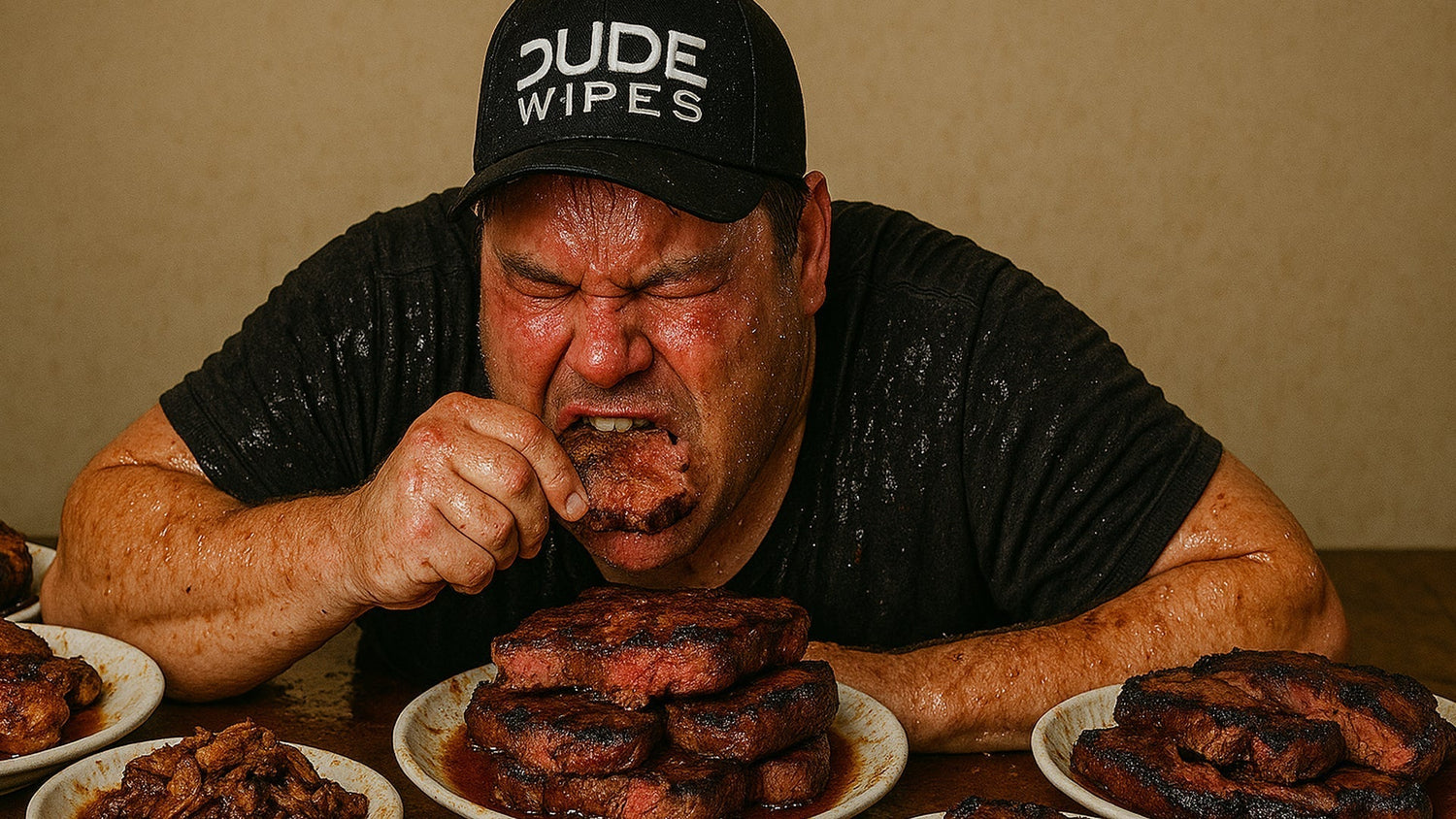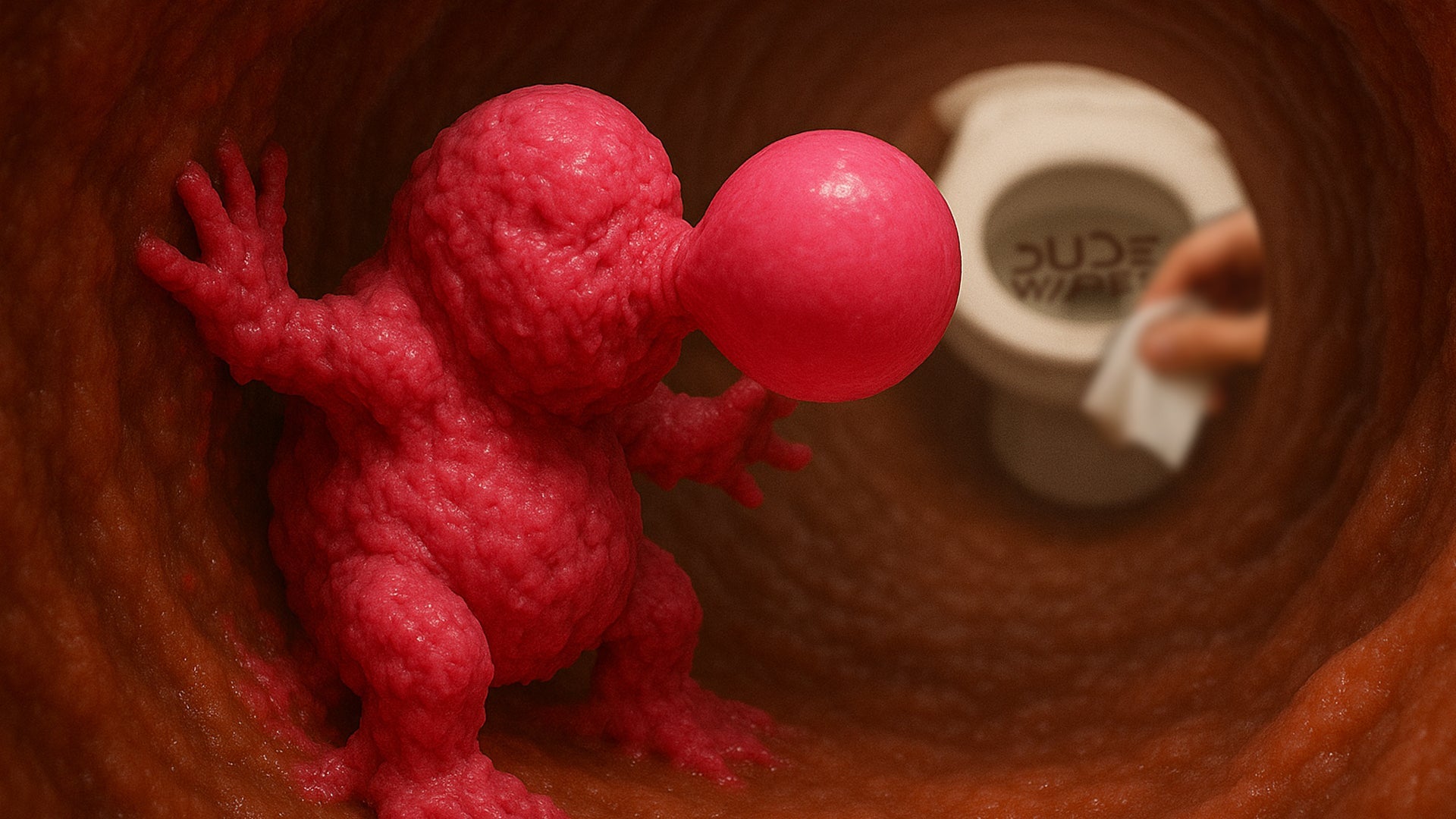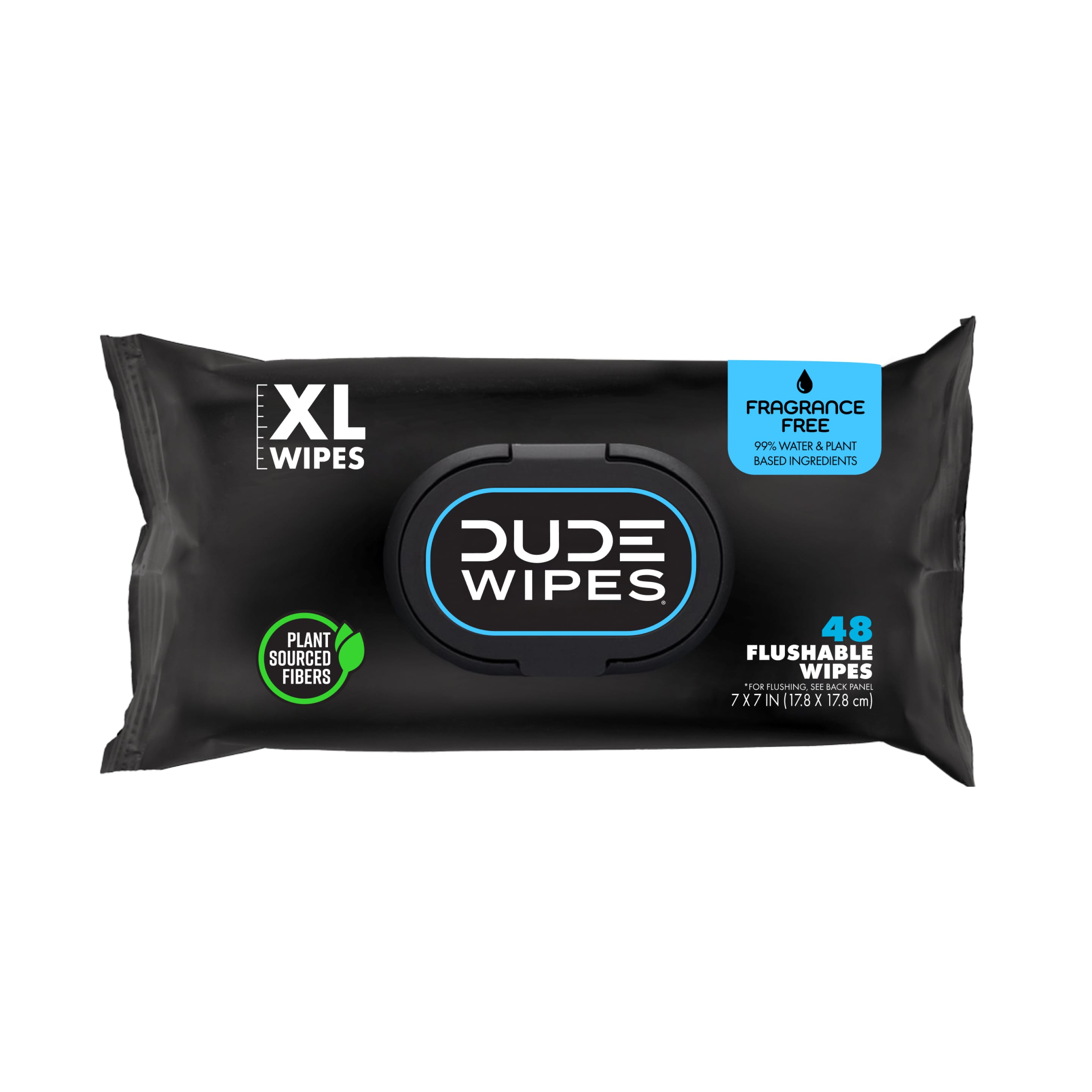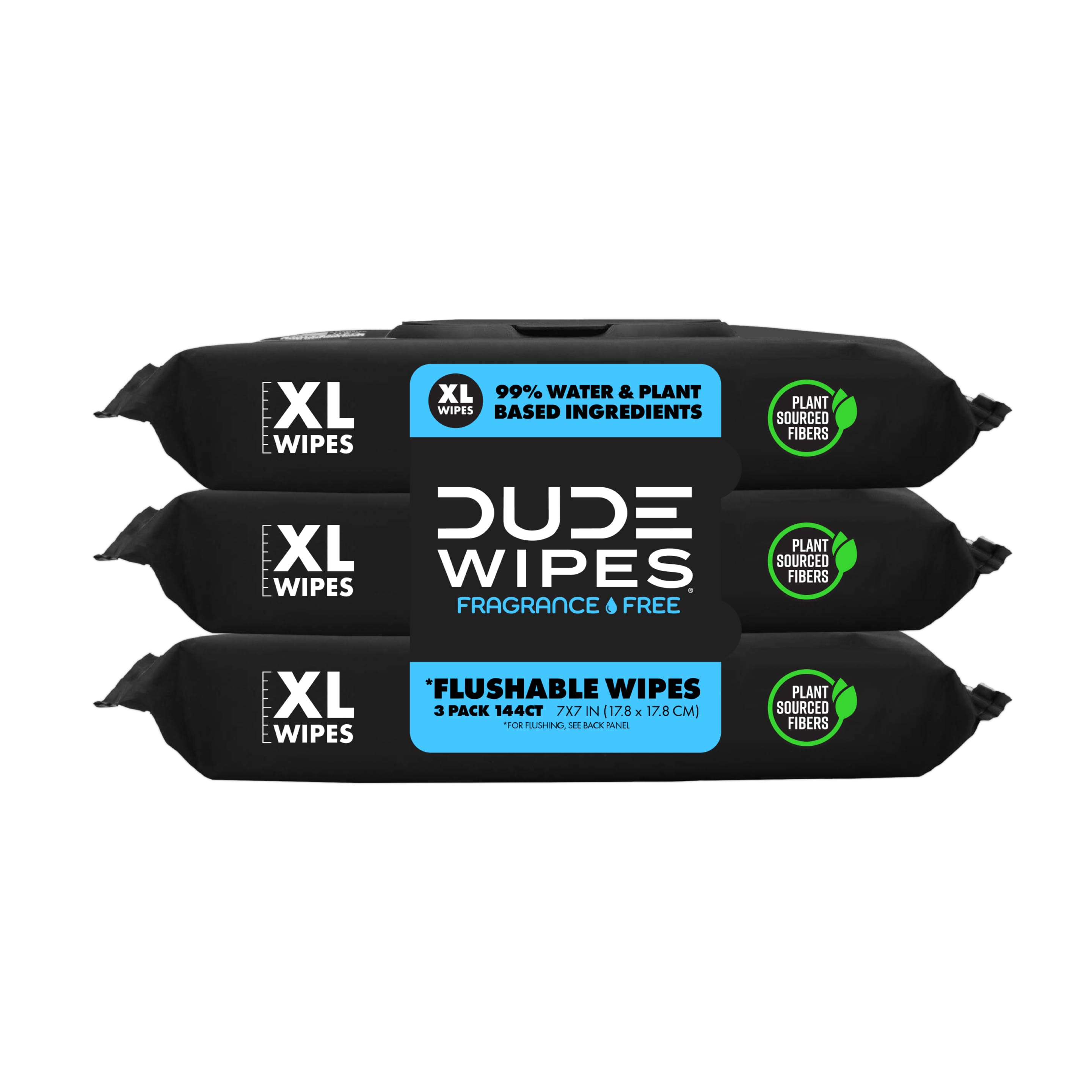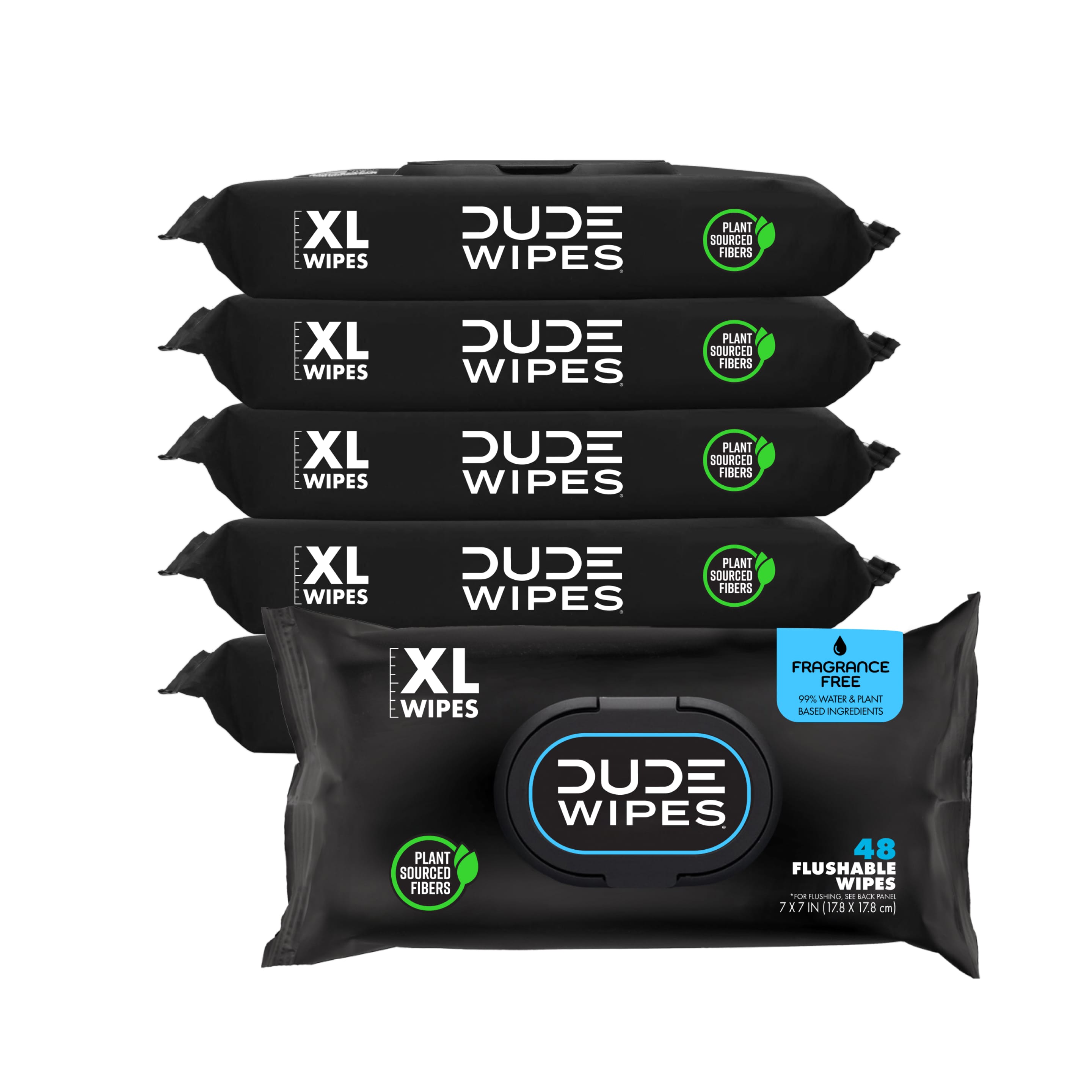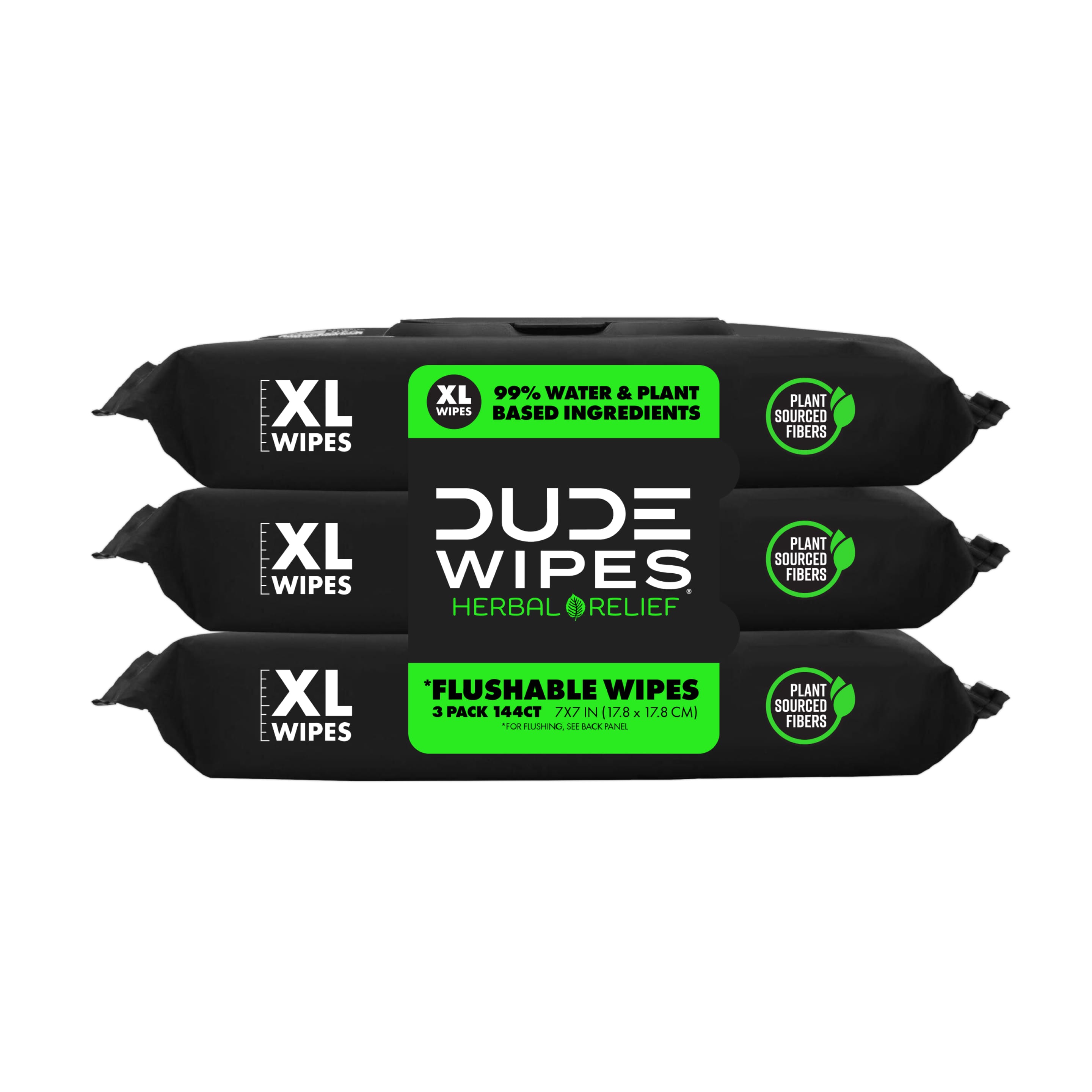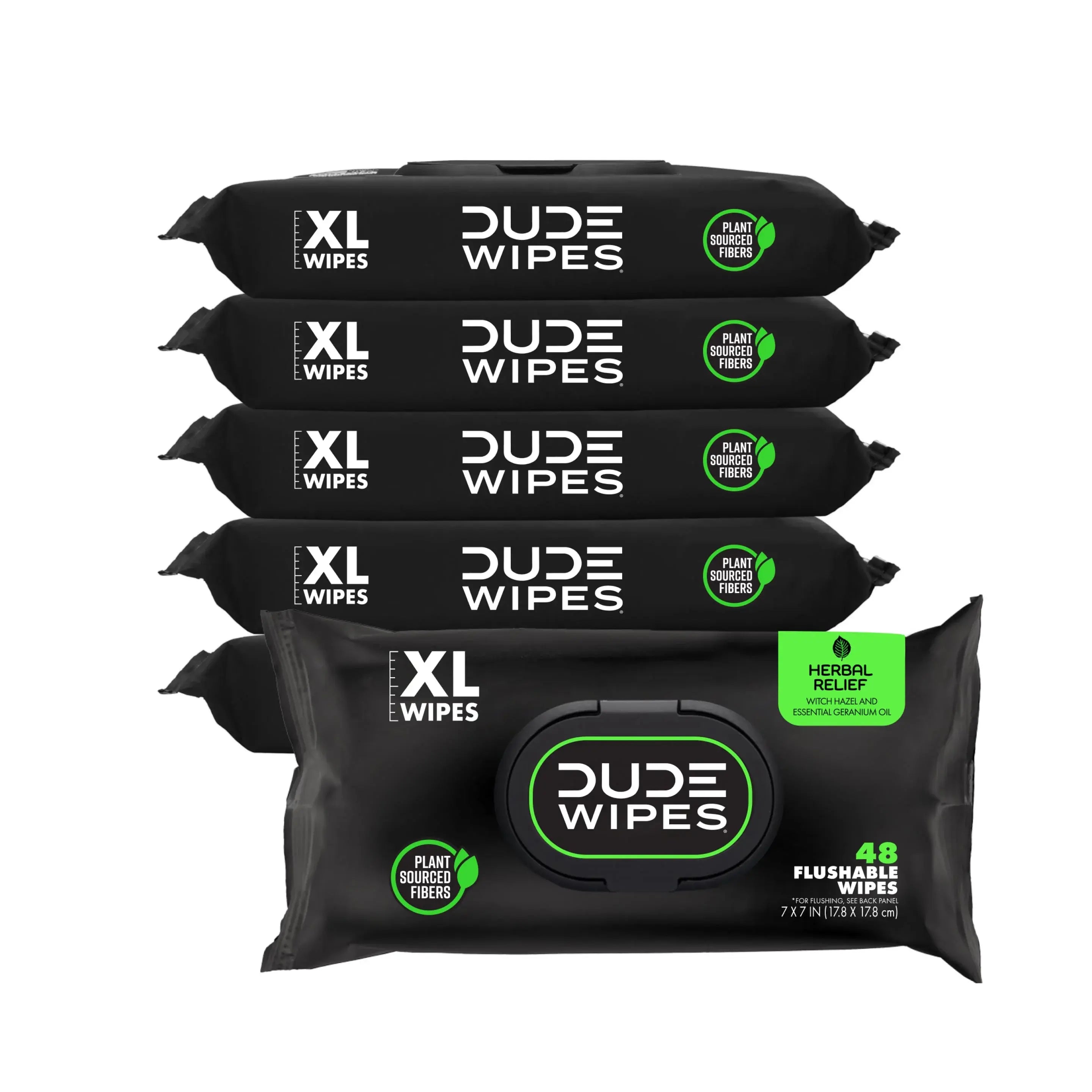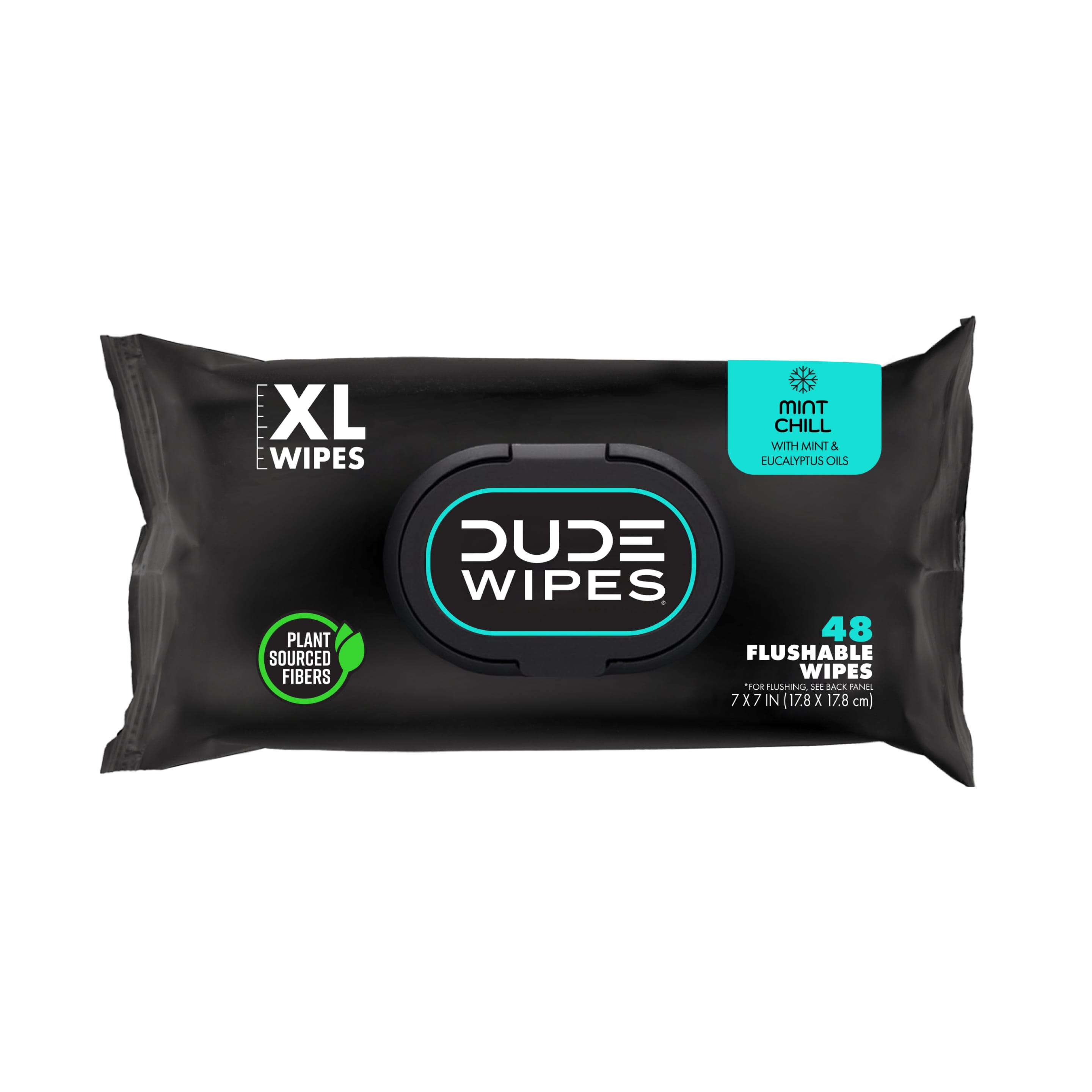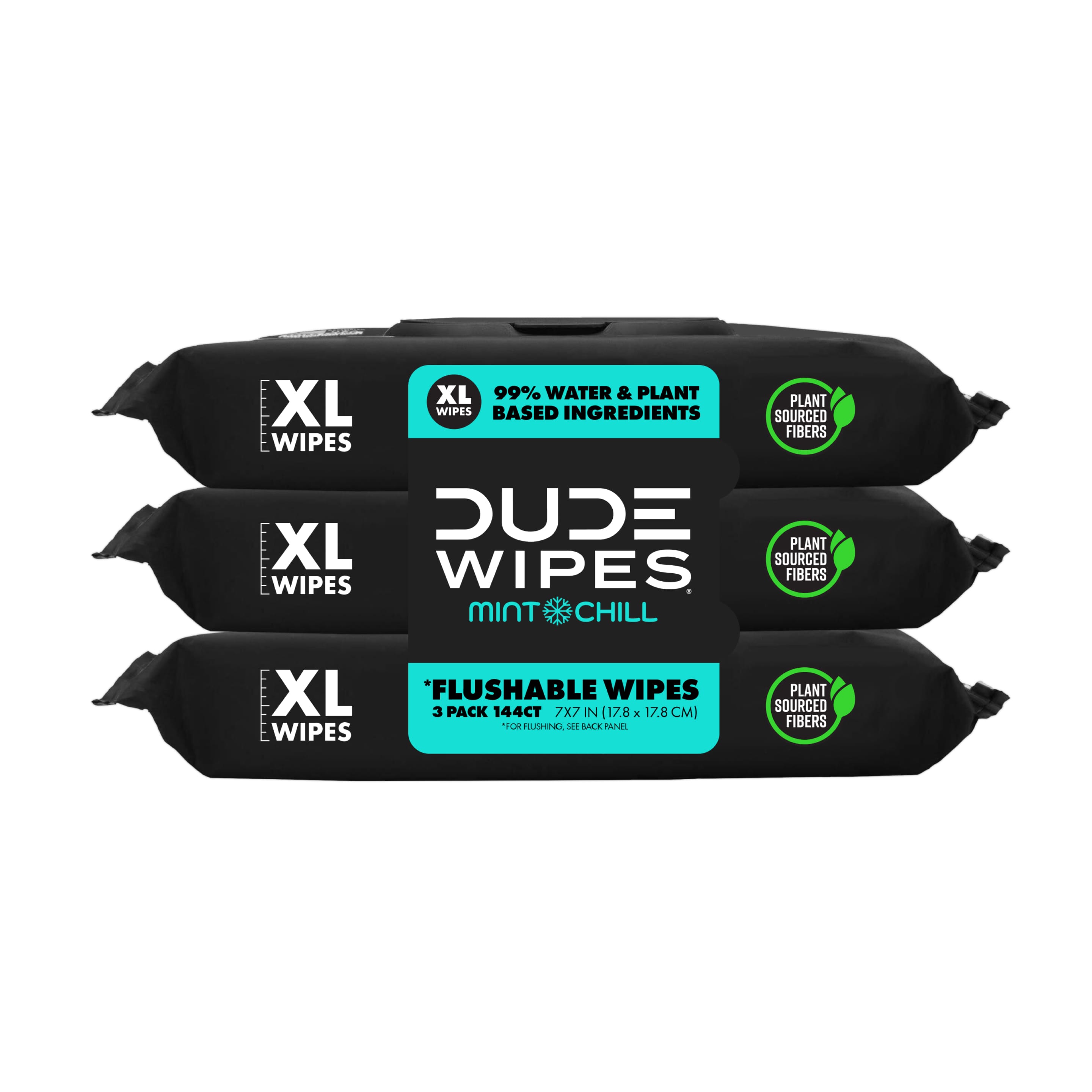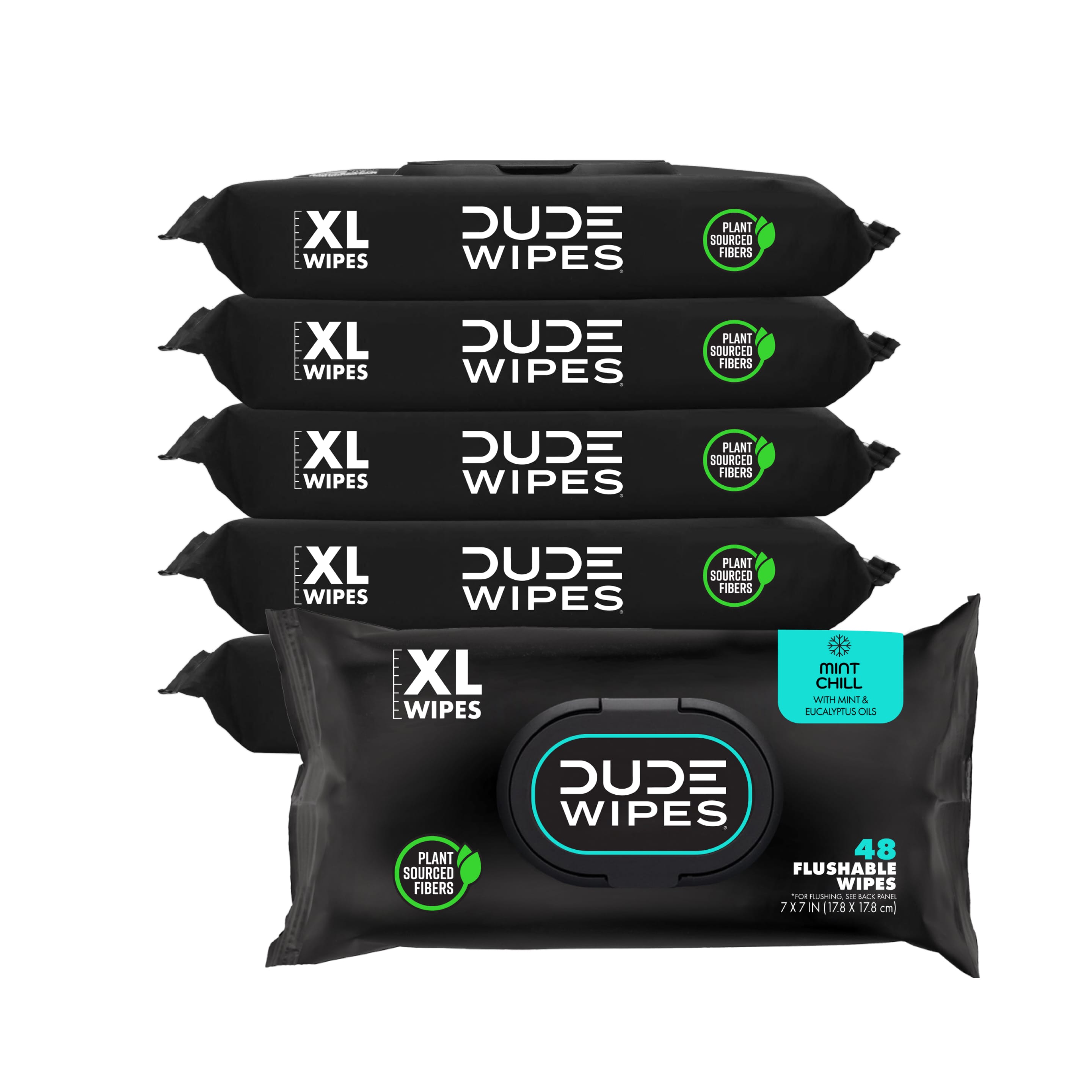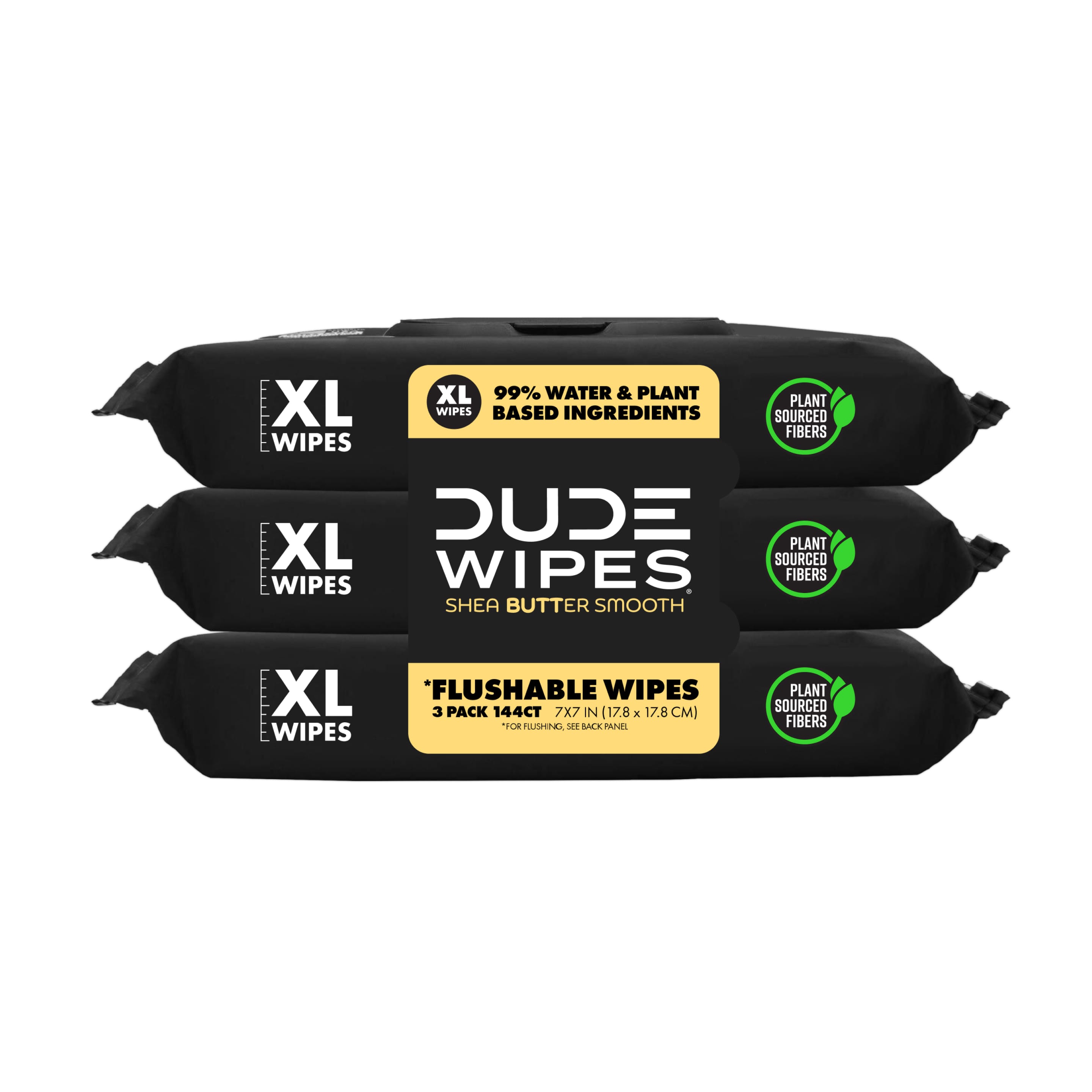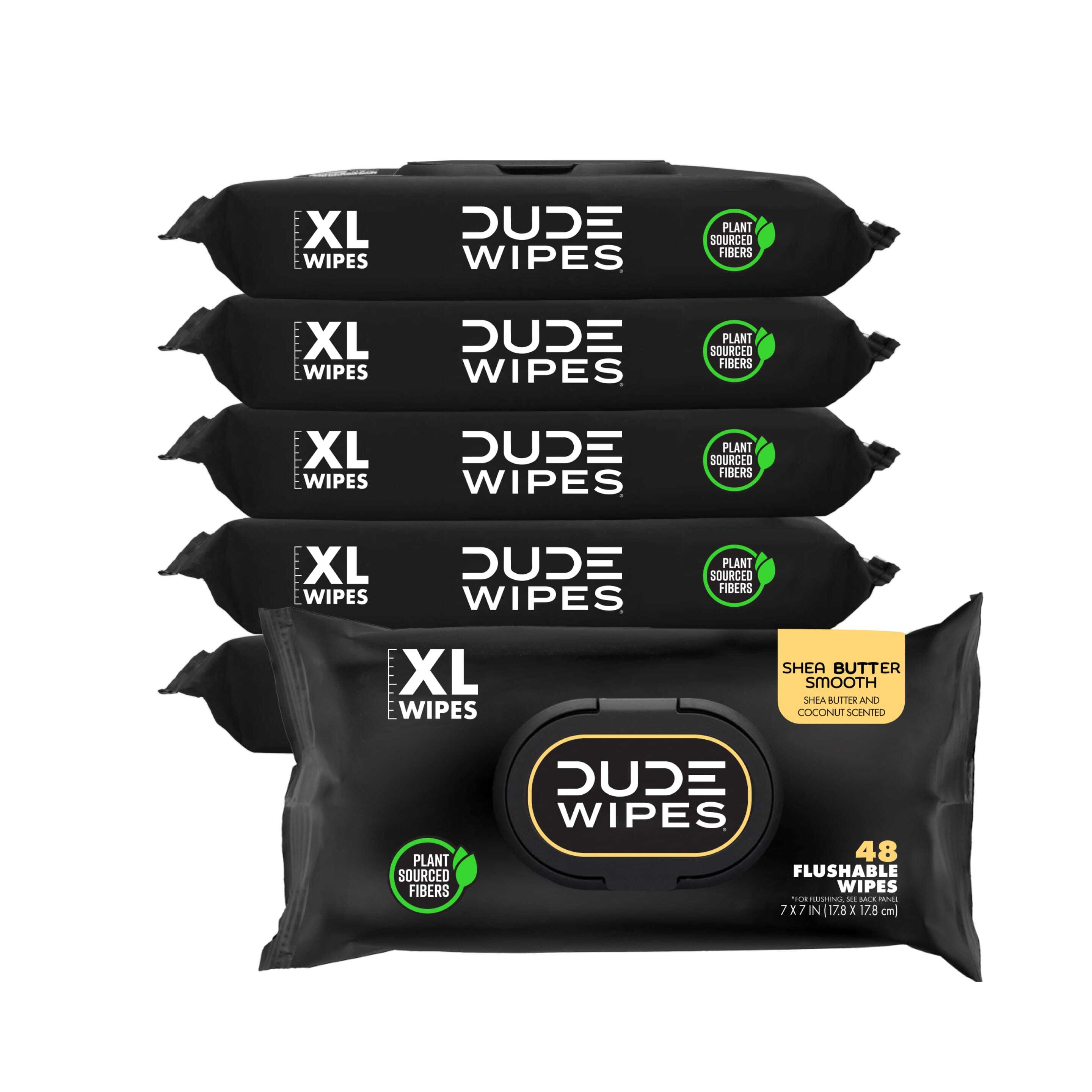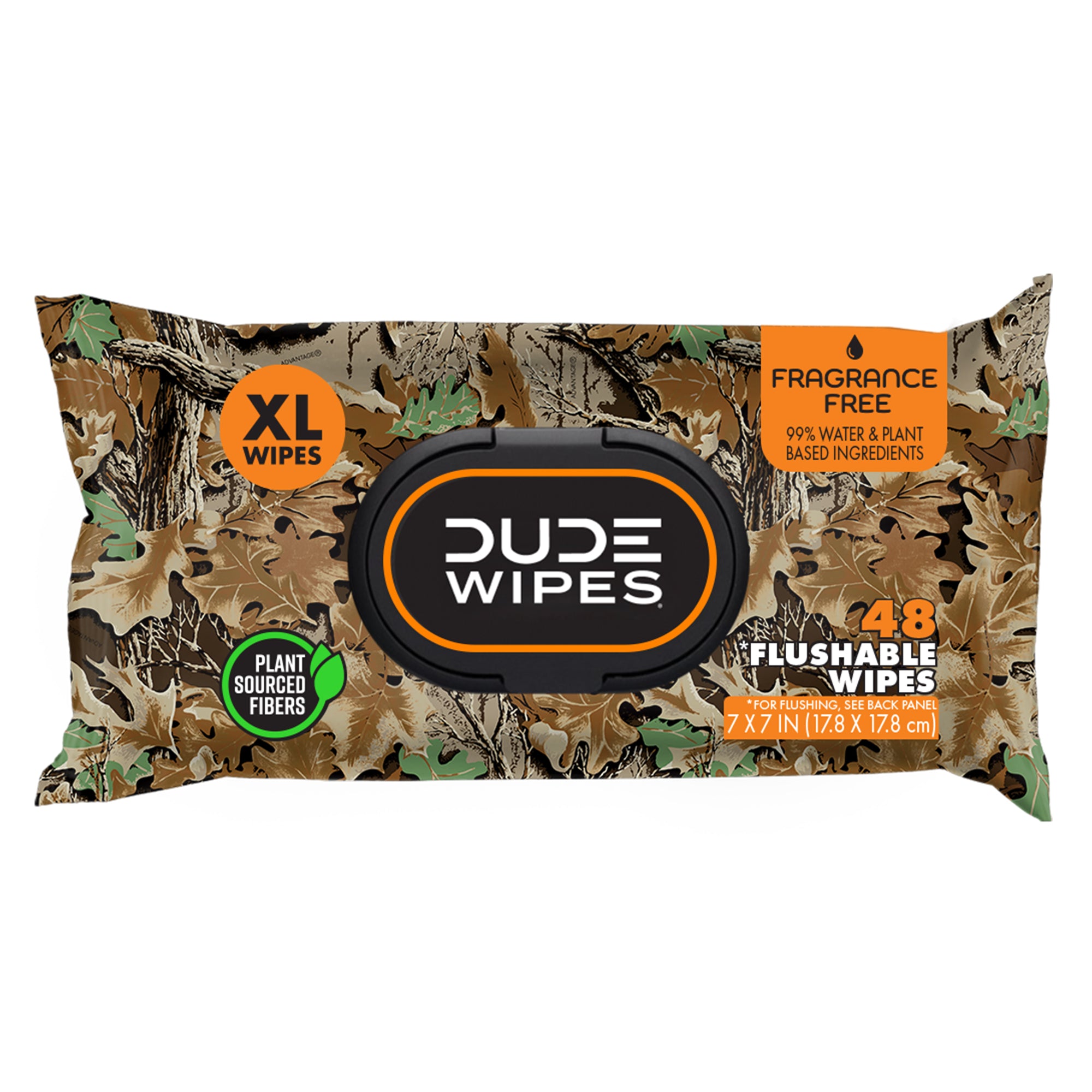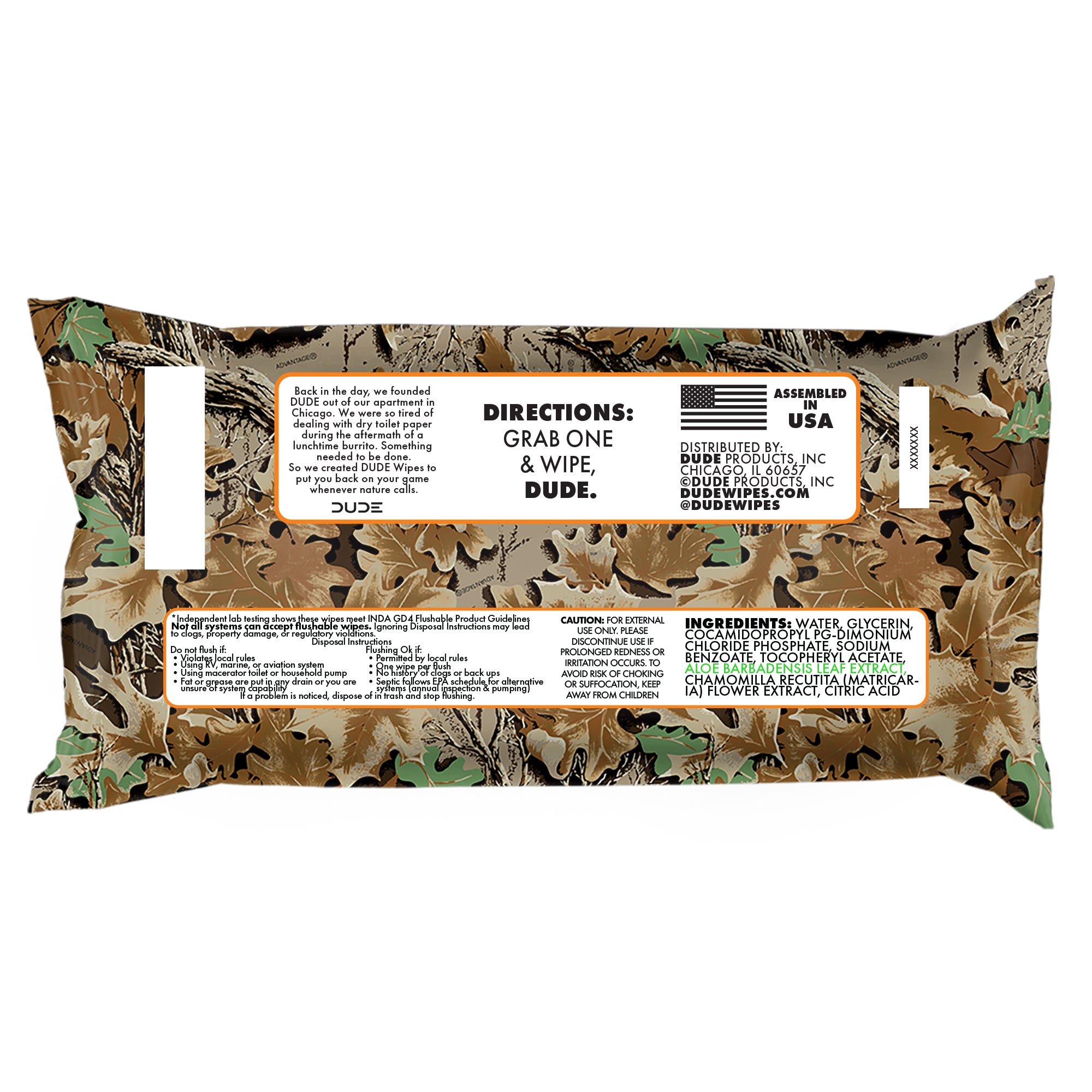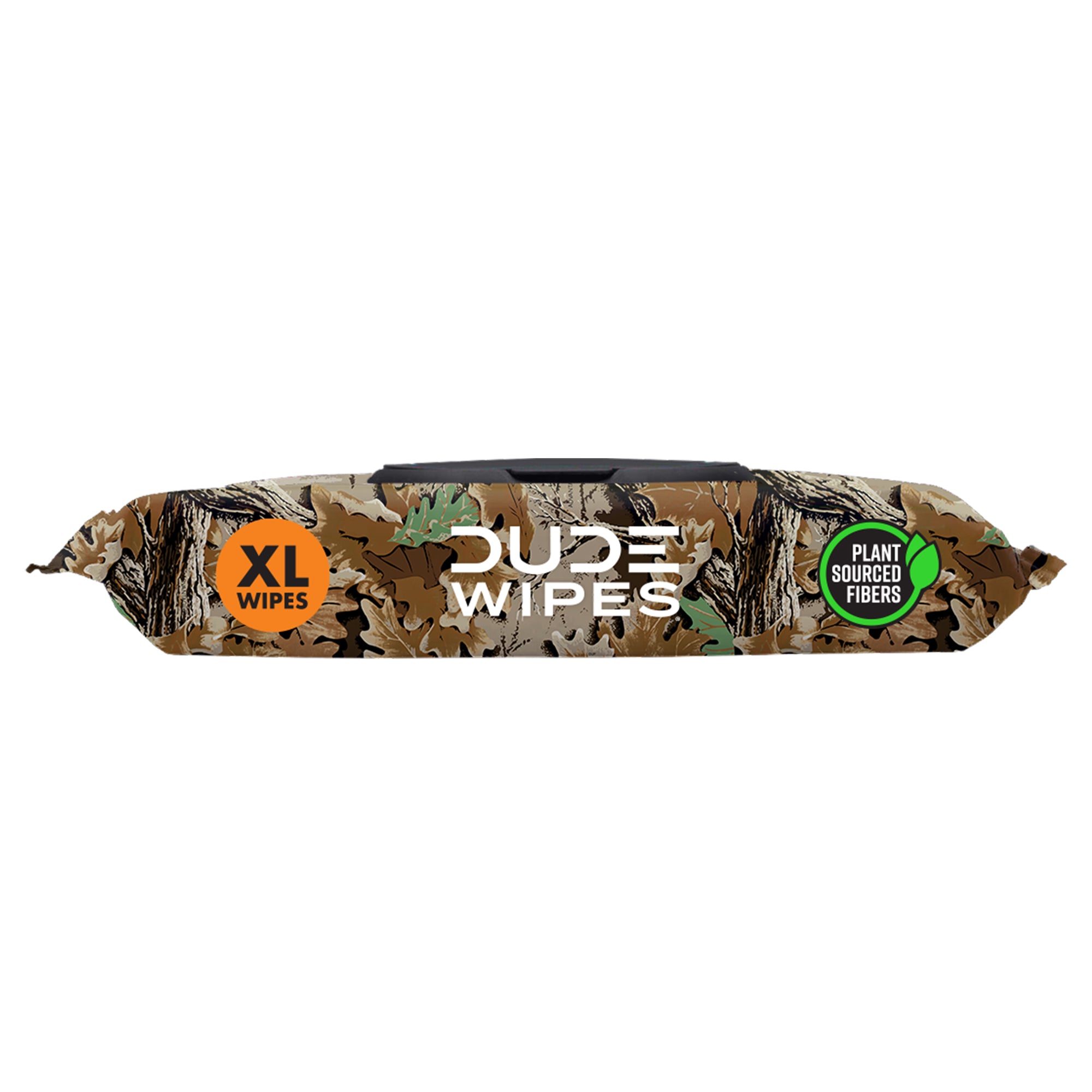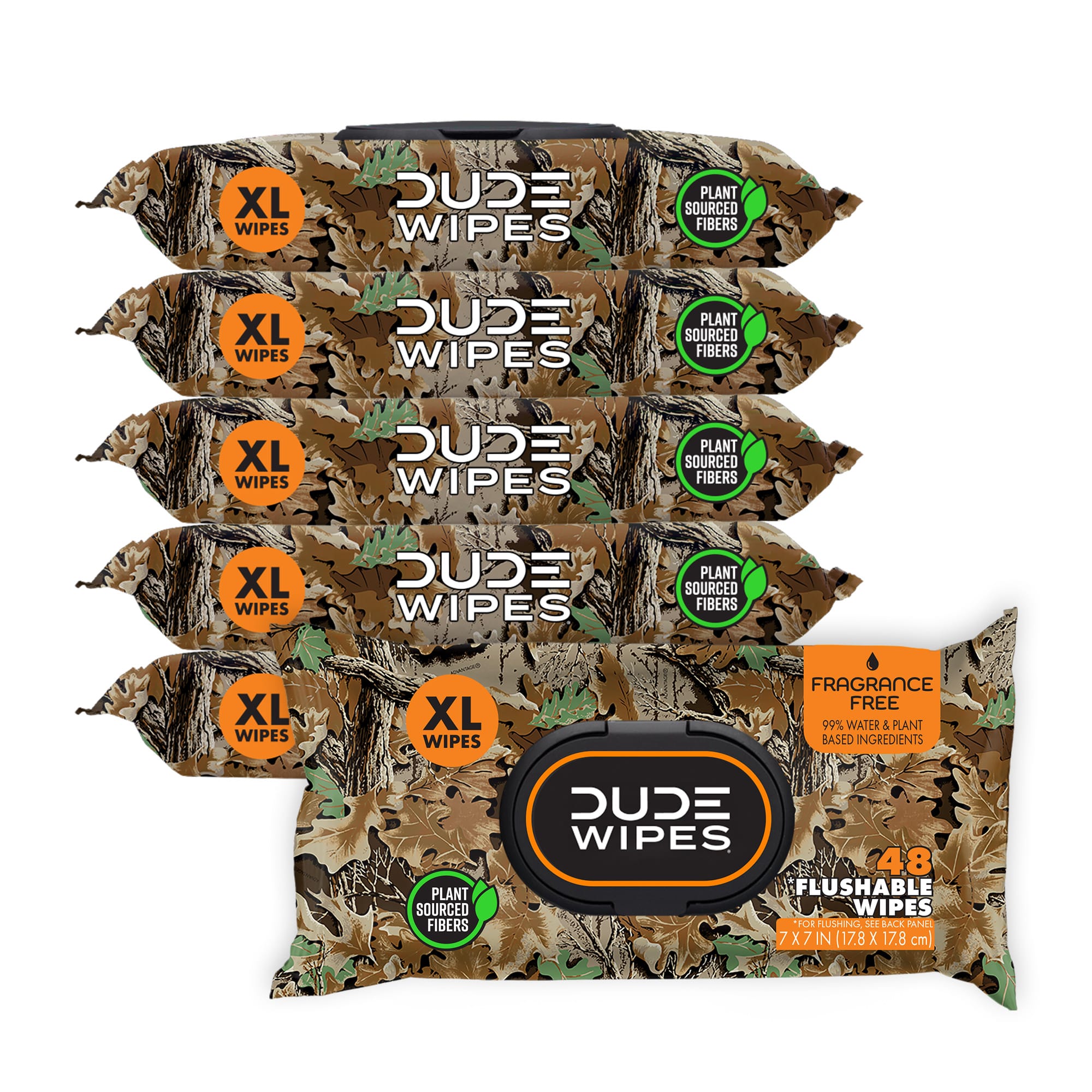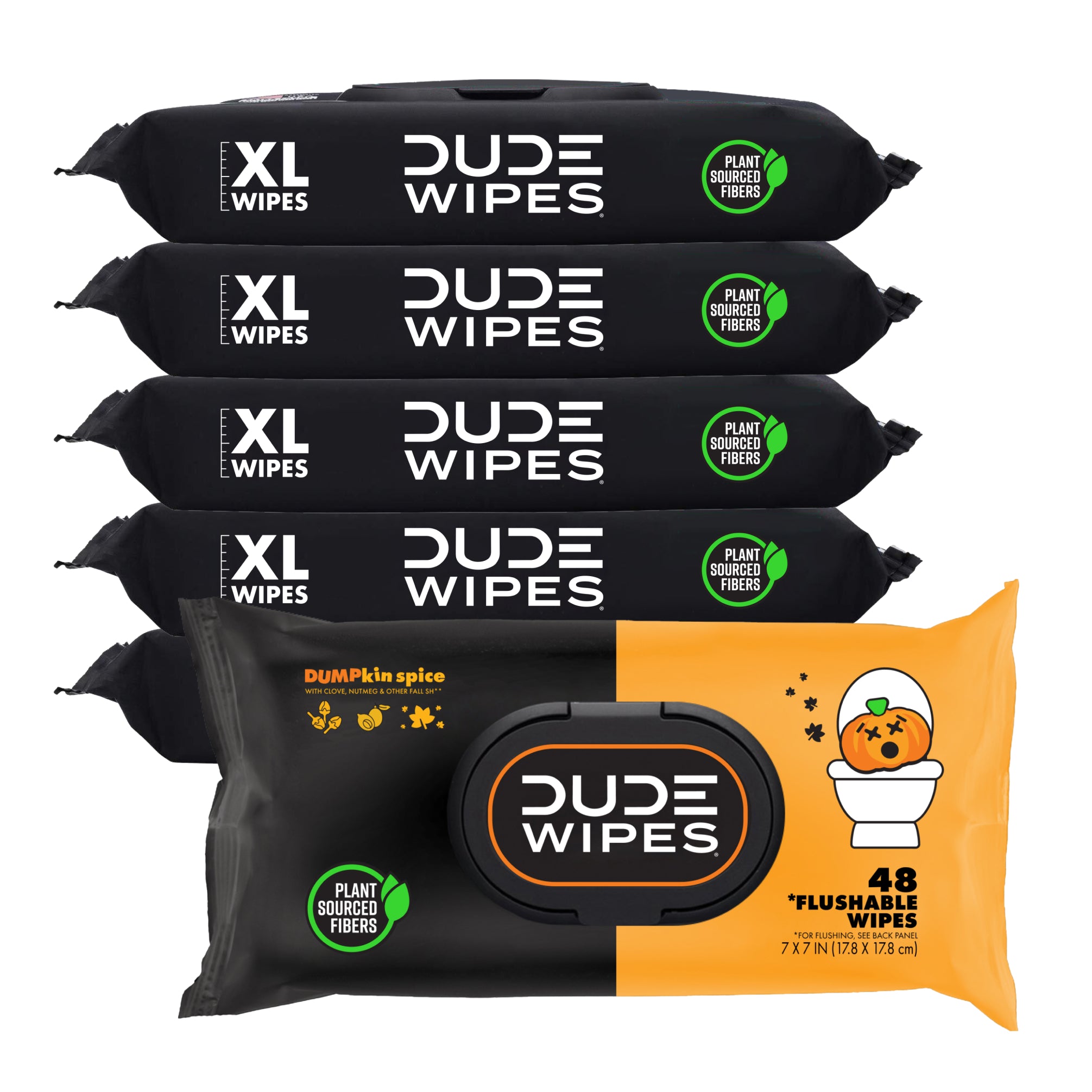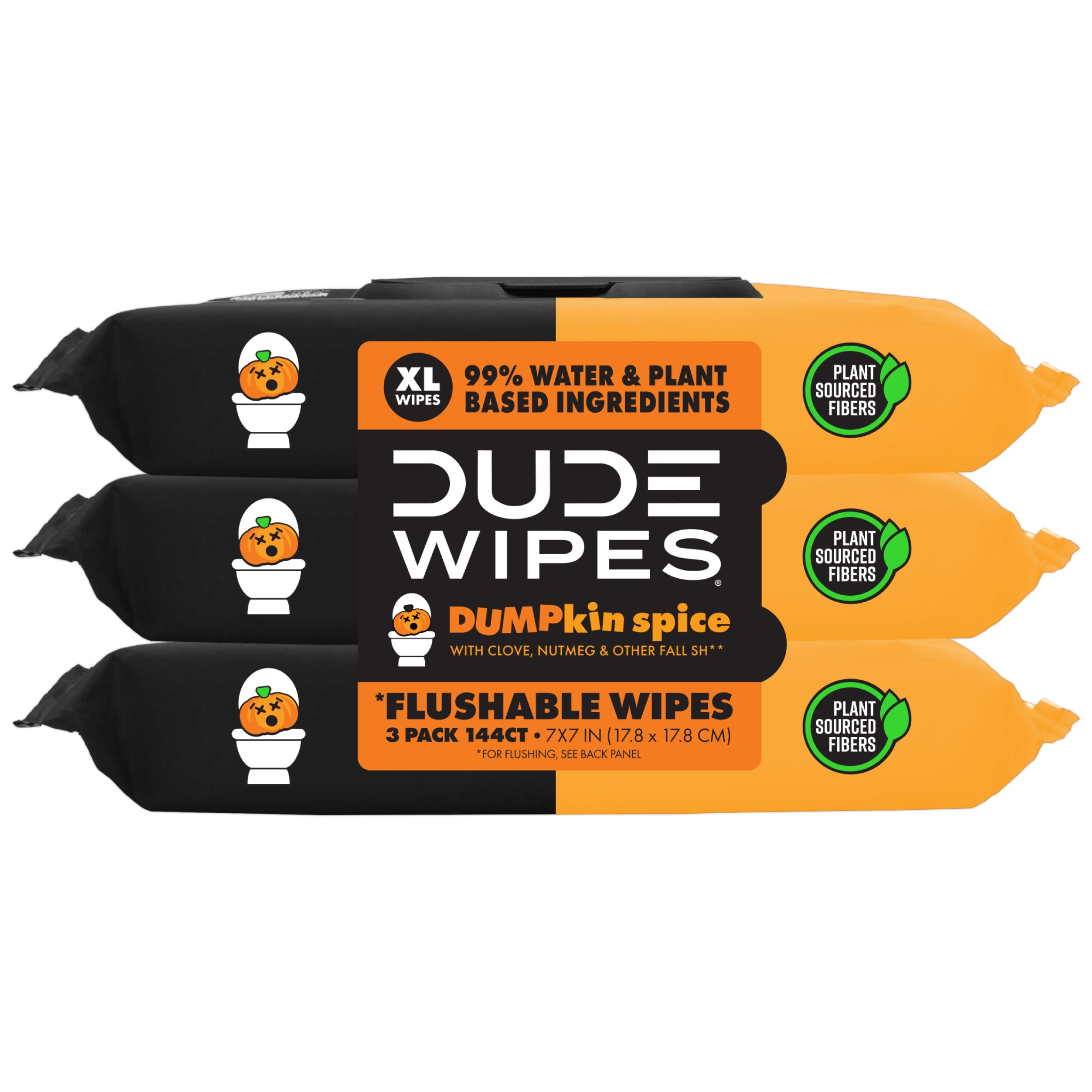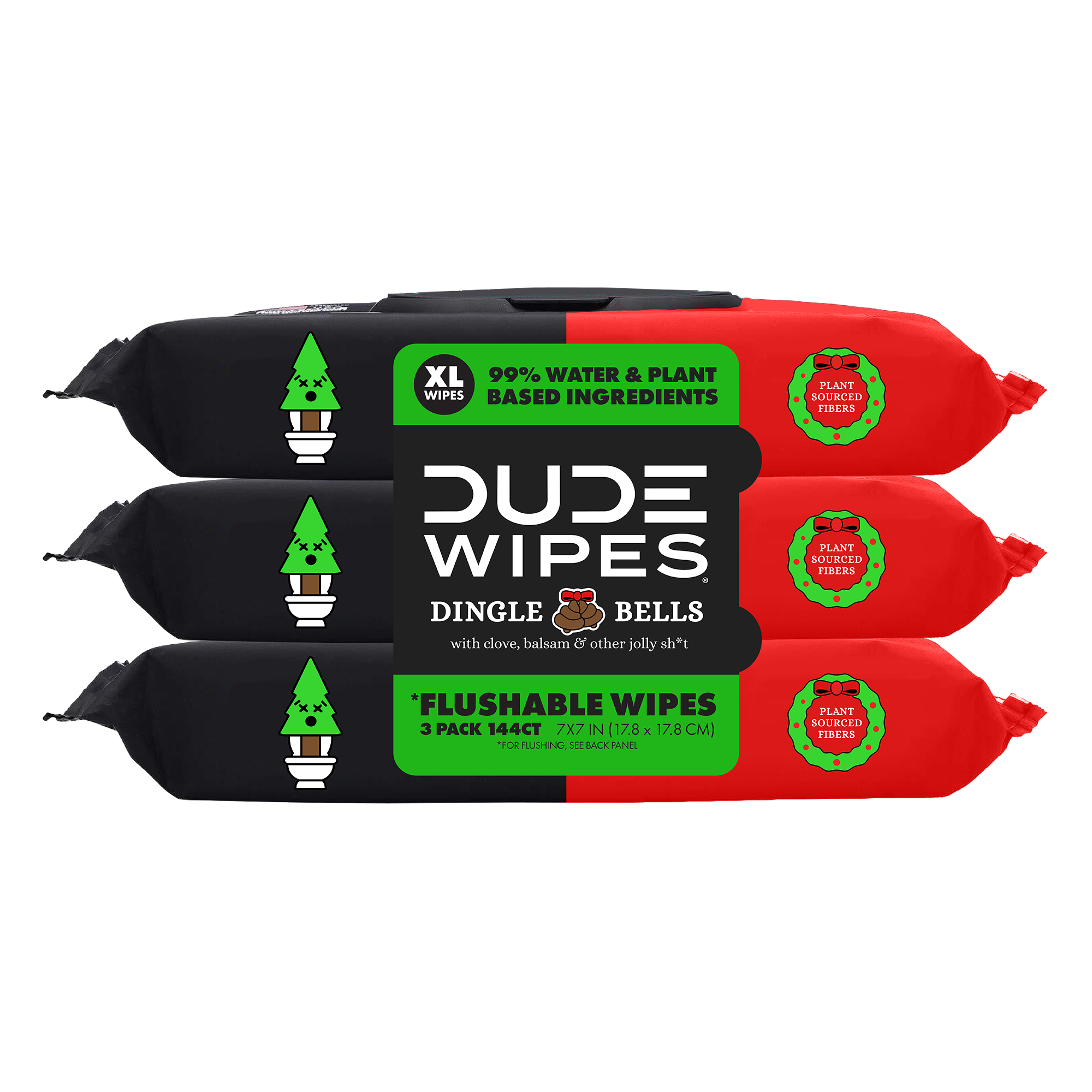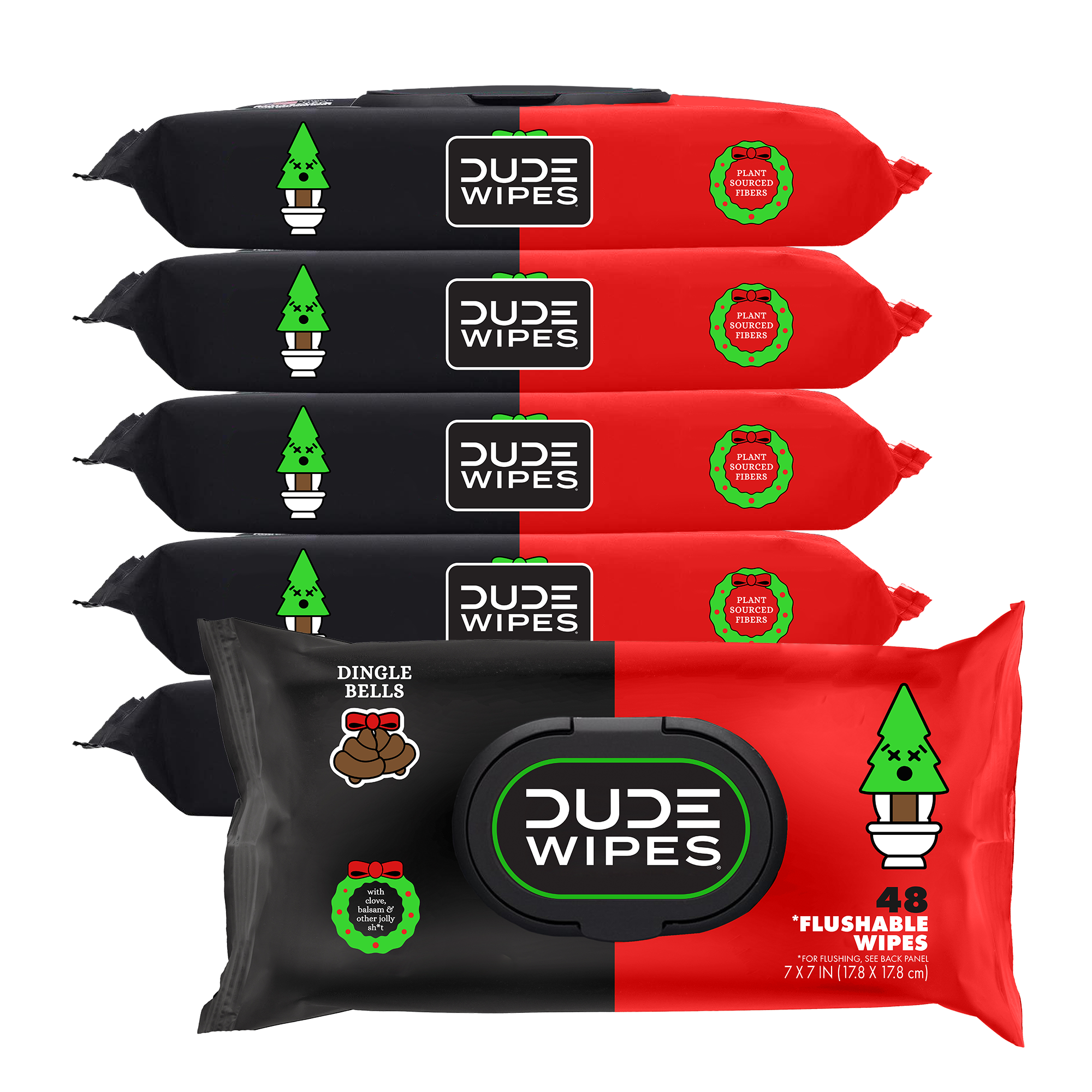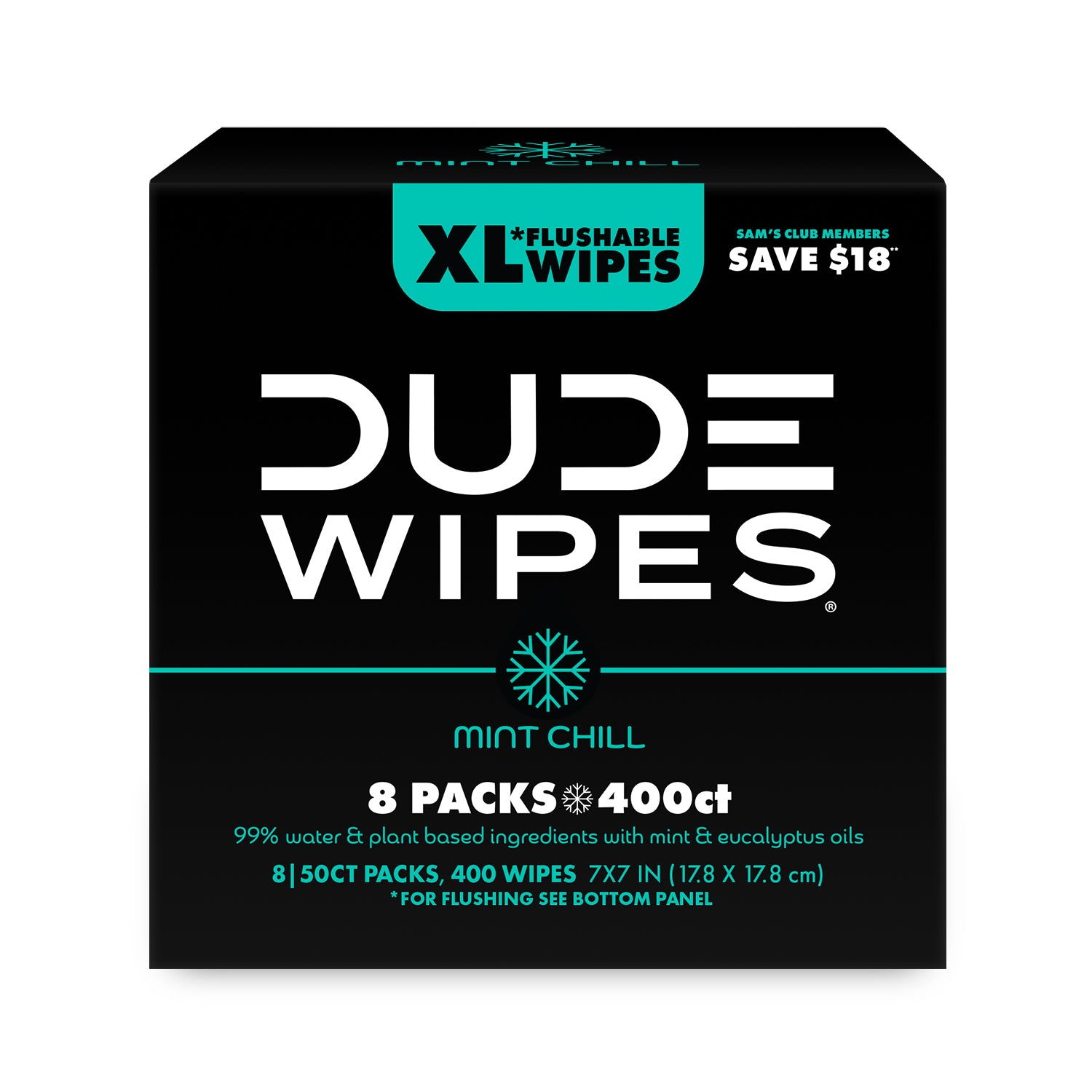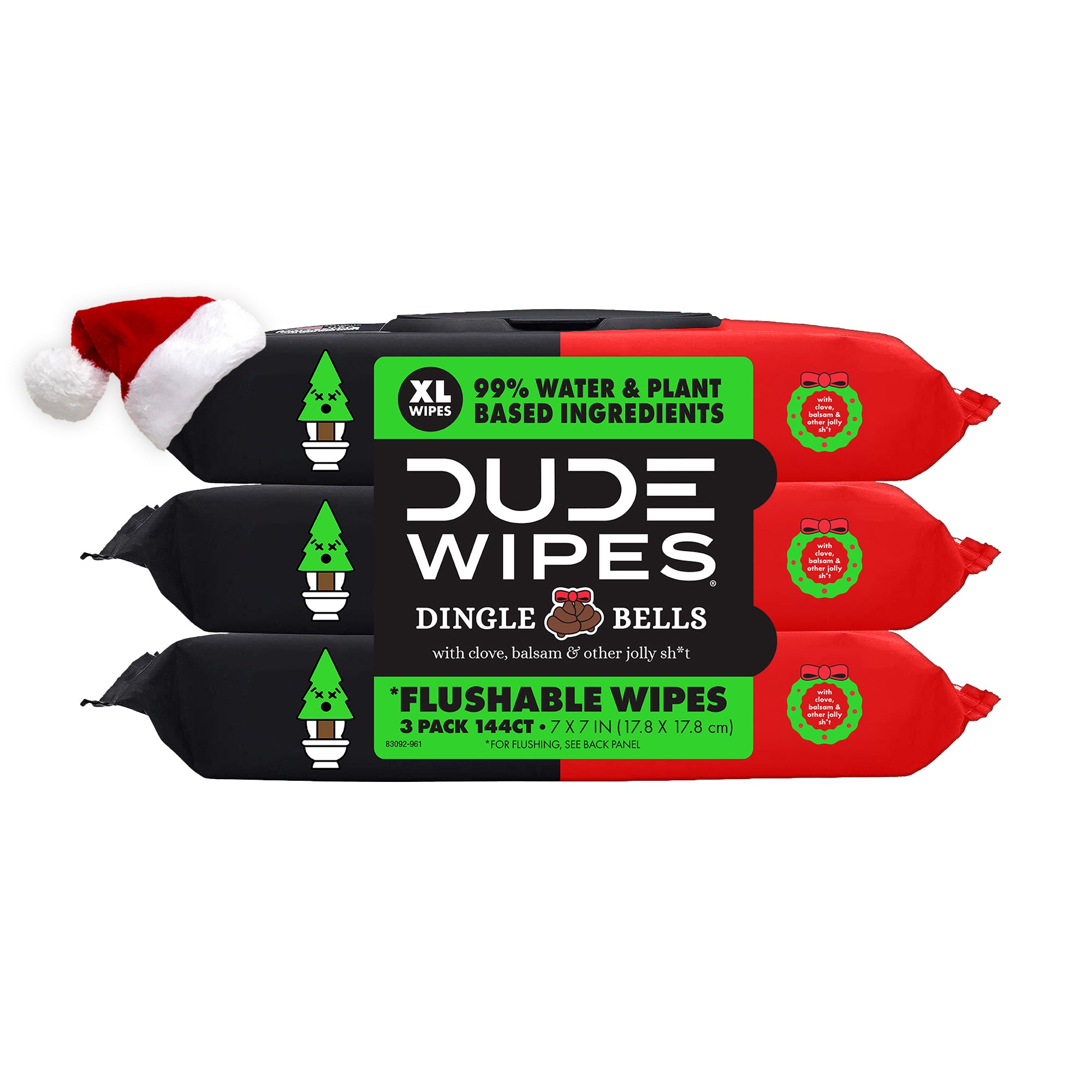TL;DR — “Meat sweats" isn't a real medical term, but that doesn’t mean there isn’t truth behind it. The thermic effect of food can temporarily spike your body temperature due to the energy your body expends digesting excessive amounts of protein.
Have you ever blacked out halfway through a brisket and wake up drenched like you just ran sprints in a meat locker? One minute you're politely crushing ribs, the next your shirt’s stuck to your back. It’s not the heat. It’s not the sauce. It’s you.
Congrats, you’ve officially entered the sweaty underworld known as meat sweats.
This isn’t just a gym bro urban legend or some BBQ-induced hallucination. It’s a rite of passage for carnivorous DUDES everywhere. Butt are meat sweats a legit scientific phenomenon? Or just an excuse for sweating through your polo at Texas Roadhouse?
We did what any responsible adult with internet access would do: Googled the hell out of it. Here’s everything you need to know about meat sweats: what causes them, how long they last, and how to stop yourself from looking like you just wrestled a rotisserie chicken.
What Are Meat Sweats?
“Meat sweats” is a slang term for excessive sweating during or after eating meat. The phenomenon seems to occur more with red meat consumption, but chicken and pork can trigger them too.
The origin of the term dates back to a 2001 episode of Friends in which Joey Tribbiani consumes a hefty serving of turkey at Thanksgiving. Since then, meat sweats have been firmly established in the DUDE lexicon.
Common symptoms of meat sweats include:
- Excessive sweating, especially near your forehead, neck, and armpits
- Night sweats after a meat-heavy meal
- Fatigue (AKA a food coma)
If you’re reading this, chances are you’ve experienced anecdotal evidence of meat sweats. But is it all in your head, or is it actually in your sweat pores?
The medical community is torn when it comes to whether meat sweats are a real thing. There’s currently no scientific evidence that meat makes you sweat more. However, there is a biological concept that may explain why eating meat makes you sweat up a storm.
What Causes Meat Sweats?
Let’s unpack three potential explanations for meat sweats.
1. The Thermic Effect of Food
The most logical explanation for meat sweats is a reaction called the thermic effect of food, or TEF (AKA diet-induced thermogenesis).
The American Journal of Clinical Nutrition defines TEF as "the increase in metabolic rate after ingestion of a meal." This basically means your body temperature rises after you eat food since your body is working hard to digest it.
However, not all foods create the same TEF.
Scientists studying the thermogenic effect of food have noticed a phenomenon called "protein-induced thermogenesis"—a significant increase in the metabolic rate of people who consistently ate high-protein foods.
This can be attributed to the fact that protein (particularly red meat) is the hardest macronutrient for your body to break down.
In fact, your body uses 20-30% more energy to break down protein than carbohydrates. Another study showed that post-meal metabolic rates increased 100 percent when subjects were on a high-protein diet compared to a diet high in carbs.
2. Food Temperature
Another factor that may play into meat sweats is the temperature of the meat itself. Most of the meat you eat is fresh off a hot grill, skillet, or pan. This could cause a small spike in your body temperature, especially if you’re a fast eater.
3. Salt Levels
It’s also worth considering how salty your meat is. If you go full-on Salt Bae with your steak, the excess sodium increases water retention. Your body sweats to excrete that water, which could be mistaken for meat sweats.
How Long Do Meat Sweats Last?
The thermic effect of food can last six hours or longer, according to the American Journal of Clinical Nutrition. That means you might be sweating all through the night if you eat a big meal with a lot of meat.
Regardless, your meat sweats should subside after you digest your meal (about 4-6 hours).
Keep in mind, meat sweats are far from an exact science. Some people can eat a lot of meat without breaking a sweat. But others look like they ran a marathon after eating a bacon cheeseburger.
Do Meat Sweats Smell?
Meat sweats are notoriously smelly, especially if you’re chowing down on beef.
Red meat has amino acids that leave a residue in your intestines during digestion. The enzymes in your gut break down this residue, which mixes with the bacteria on your skin when you sweat. The result? A horrific stench.
Researchers actually studied this phenomenon in 2006. They had women assess the body odors of men who were on “meat” or “non-meat” diets for two weeks. Their analysis found that the BO of the non-meat group was “significantly more attractive.”
“This suggests that red meat consumption has a negative impact on perceived body odor hedonicity,” the researchers wrote.
Another example: Joey Chestnut, the 14-time Nathan's Hot Dog Eating Champion. After devouring 69 (nice) hot dogs, he told TMZ he had a major case of the meat sweats after the big event—so much so he smelled like "a big piece of meat."
How to Stop Meat Sweats
Whether you're eating a lot of protein to pack on muscle or considering a career in competitive eating, here are a few meat sweat defense tips.
1. Eat Less Meat
We know—it's exactly what you didn't want to hear. But we're not blowing smoke. This is the cold, unforgiving truth of meat sweats. Instead of inhaling a second rack of ribs or a fourth hot dog at the ball game, mix it up with different foods that won't trigger a sweat storm.
For context, most dietitians agree a normal portion of protein is 4-10 ounces.
Now, if you're hitting up a BBQ joint with your bros and a plate full of veggies is out of the question, here are a few hacks to keep meat sweats at bay.
2. Eat Fatty Cuts of Meat
You didn't read that wrong—we're telling you to eat more fat. But don't take our word for it. Some studies show leaner cuts of meat produce a higher TEF than fattier cuts. Translation: Fatty meat is easier to digest.
If you think about it, this makes sense. The more protein in a cut of meat, the more work your body has to do to break it down. With a fattier cut, there's less protein for your body to metabolize.
Pro tip: You can learn how well your body is digesting red meat by analyzing your turds after you go.
3. Try an After-Dinner Digestif
Any standard digestif will do the job of greasing the wheels of the digestive process. Order fernet, grappa, or the cultish-among-chefs Underberg post-meal.
If you're about to indulge in a particularly meaty meal, some chefs even recommend sipping a pre-meal apértif, so your gut is primed for the hellish job you're about to give it.
4. Take a Post-Meal Walk
It sounds very European, but it works. A 10-20 minute walk after a large meal aids digestion and keeps you from sitting in a pool of your own sweat. Go outside and air it out, buddy.
5. Freshen Up with Body Wipes
When meat sweats are inevitable, pack some DUDE Wipes to soak up the sweat and stay fresh. If you're a messy eater, use them to wipe yourself down, so you're not walking around with a layer of barbecue sauce on your face the rest of the night.
6. Use Antiperspirant Deodorant
Meaty meals are notorious for opening the floodgates in your armpits. If you want to keep protein-based perspiration under control, slap on some antiperspirant deodorant before suppertime.
Sweating is inevitable for every dude, but it shouldn't ruin what's arguably life's greatest pleasure: stuffing your face with copious amounts of meaty goodness. We both know you're not going vegan, so at least be considerate and don't stink up the next steakhouse you visit.
Sweat Isn’t the Only Thing You’ll Be Wiping
The meat marathon doesn’t end when you drop the fork. Once the sweat dries, the other inevitable phase kicks in. And when it does, make sure you’re equipped with more than dry TP.
Sure, DUDE Wipes can mop up that BBQ sauce on your fingers. Butt more importantly, they’re built to handle even the most diabolical protein poops. When the brisket bites back, we’ve got your a$$ covered.

